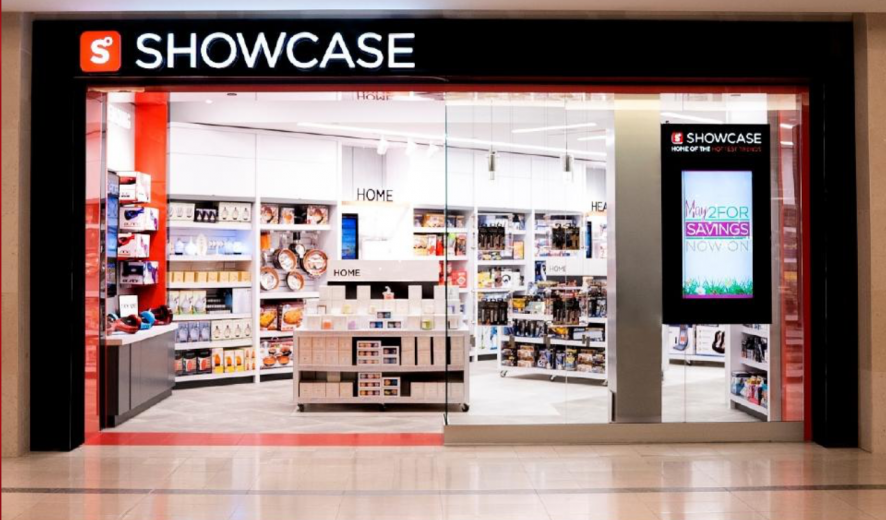1 10
1 10
The Canadian-based retailer, which sells products related to the top trends in health, beauty, toys and for the home, is kicking off its U.S. expansion this summer. Its goal is to open 100 stores in the country by 2020, according to an article from ICSC. There are already nine stores located in the United States.
The Italian food eatery has five stores in the U.S., after opening its first location in Torino, Italy, in 2007; there are now 30 stores around the world. And there are plans for more expansion. According to the Financial Times, Eataly has plans to open two more U.S. stores and is planning to go public this year.
This healthy fast-food chain, which started in the U.K., is opening two restaurants in Washington, D.C. this year. It’s part of a move of other healthy fast-food eateries to expand in the U.S., says David Close, a senior director at real estate services firm CBRE, and it’s an eatery whose future is one to watch.
The South Korean cosmetics and skin care company sells sustainable and natural products and opened its first store in New York City last year. With 1,600 stores across Asia, the company is focusing on “ambitious expansion plans” for the U.S., the brand’s vice president and general manager, Julien Bouzitat, told the ICSC.
The vacuum cleaner maker has gone from taking up space in a department store to operating its own storefront—and it’s a trend likely to continue, says Anjee Solanki, national retail director for the USA at real estate services firm Colliers International. There are three locations currently—in Virginia, San Francisco and New York,—and Dyson opened its first demo store in London in 2016. “I think we’re going to see smaller footprints of brands looking to have their own ID and their own storefront, rather than be part of … a department store,” Solanki says.
The gadget store, which sells such items as wifi security cameras and high-tech skateboards, has nine b8ta-branded flagship locations, a built by b8ta concept—the first global store for Netgear in San Jose, Calif.—and 70 shops in Lowe’s. It’s also partnering with Macy’s to expand its retail-as-a-service model across all market @ Macy’s locations, and b8ta has other plans to grow in the U.S., a spokesperson confirmed. It’s another retailer to keep an eye on, Solanki says. The brand believes in physical retail so much that, earlier this year, it even launched Built by b8ta, a store-as-a-service solution which aims to keep costs down for retailers who need physical stores that range in size from small-format to flagship. Solanki says the b8ta stores are very experiential: “It’s really fascinating,” she says. “People are in there for hours.”
The online-first mattress brand opened its first permanent store in Manhattan in early 2018. The chain, whose first store features interactive displays to showcase its products, comes as traditional mattress retailers shutter stores across the country. Casper had previously opened 15 pop-up store locations in the U.S. starting in October and lasting through Spring 2018, and it appears the brand is looking to expand more, Solanki says.
This Australian lingerie brand—hoping to challenge Victoria Secret—announced in April that it is opening two stores in the U.S., specifically in San Diego and Los Angeles, and recently opened a new office in Hollywood. The chain has 55 stores in Australia and three in the U.K. Honey Birdette’s boutiques tend to be smaller—in the 2,000- to 3,000-sq.-ft. range—and very curated, Solanki notes. “They’re looking for quality location with strong foot traffic and in markets that have growing demographics tied to their customer profile,” Solanki says.
The online-first brand has made a name for itself primarily by selling men’s shirts that can be worn untucked. The company opened its first brick-and-mortar store in 2015 and has plans to have 100 locations by 2022.
The eco-friendly sneaker company—a darling of the tech world and millennials which sells shoes made from wool—also got started selling its footwear on its website. It’s already opened locations in New York City and San Francisco (plus a pop-up store in Toronto), and recently raised $17.5 million in a new round of venture capital funding. It’s goals are to open more locations and invest in more eco-conscious materials, according to TechCrunch.

